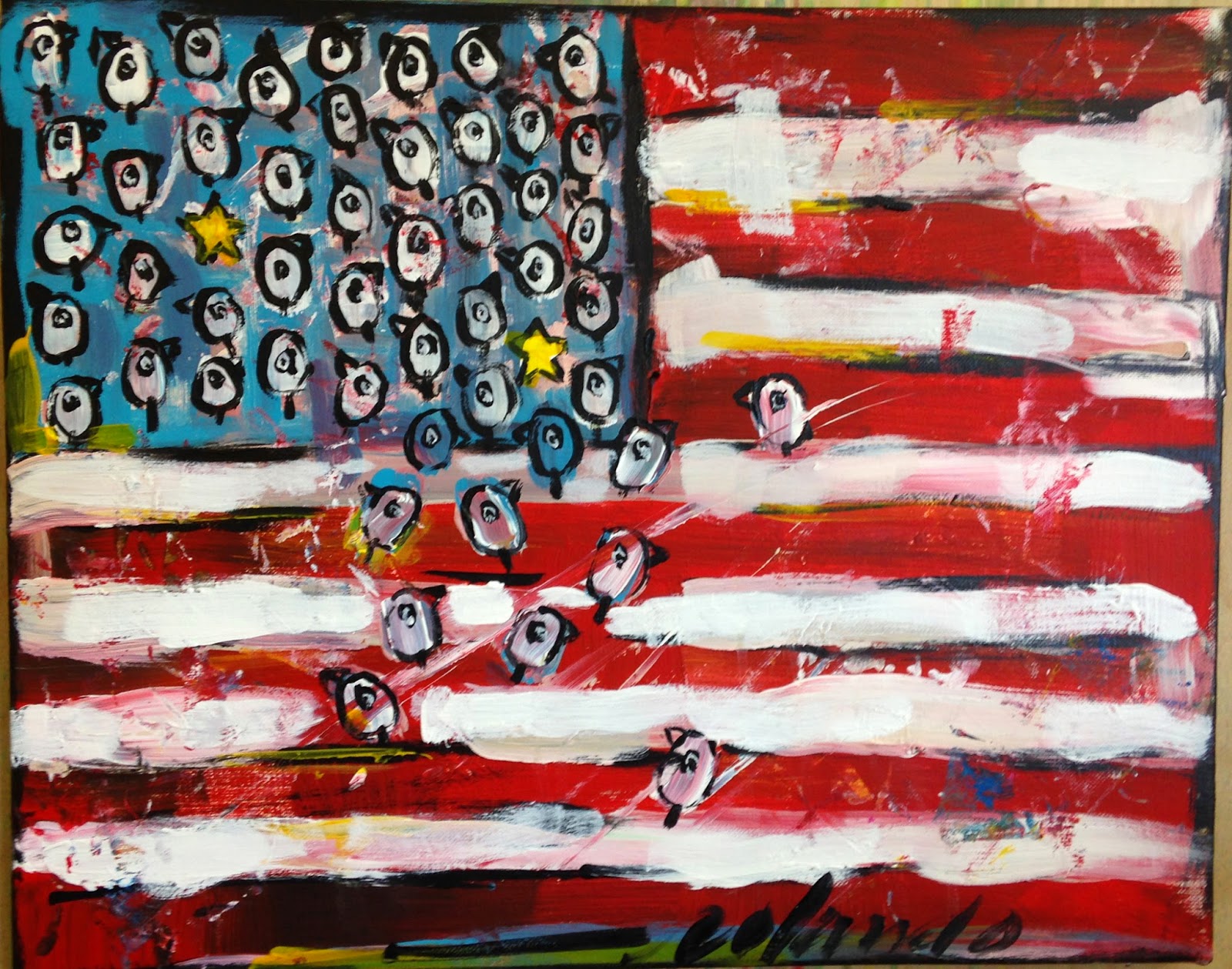Little Panda
The
science: The Giant Panda (Ailuropoda
melanoleuca) has the conservation status of EN (Endangered). They are also
considered to be conservation dependent; which means their survival is
dependent on captive breeding. It belongs to the order Carnivora, however most
of its diet consists of bamboo. The giant panda lives mainly in the Sichuan province of
China. As a result of land use changes (farming), deforestation and human encroachment,
the panda has been driven out of the lowland areas where it once lived. They
have historically been a target for poachers.
The panda is one of the most cared for species, with 40 reserves
in China. It is also one of the most iconic species for conservation. Not
everyone agrees that all the money spent on this species is deserved. There are
not enough natural habitats left to sustain increasing captive bred populations. Wild panda population estimates vary anywhere from 1600 to 3000.
There are approximately 266 in captivity. Estimates are not confirmed and the IUCN does not feel the population is stable enough to change their status from EN.
The
art: Little Panda represents the plight of the endangered Giant
Panda (discussed above); but also is a symbol for the fate of humans and the
planet itself. The color red is one of the main colors in the work of Birds are Nice (BAN). It
represents the IUCN Red List of Endangered Species; but also is a warning
sign of danger…impending loss of ecosystem services needed for humans to live
comfortably (clean air, water, etc.). Children are a constant thread in her work. They represent hope for the future.
BAN chooses to work in vinyl because of the ephemeral aspects
of it. This signifies the fragile ecosystems and how fleeting life
can be. Also having loved stickers since childhood, she states that "making GIANT
stickers is so FUN!!" (And you can stick them around town without getting
caught!)
The
artist: Birds are Nice (BAN) is a visual artist and
biologist studying wild dolphin populations. BAN lives in South Florida. Her
work combines graphic elements with various printmaking techniques combined
with illustration, sculpture and video. The work has a style rooted in the
comic book genre, along with strong influences from Robert Rauschenberg.
Birds are Nice has a BFA in ceramic
sculpture (Florida Atlantic University) and a MSc in Wildlife and Ecosystem
Health (University of Edinburgh, Scotland).The main focus of her work is to
illustrate the links between biodiversity (including endangered species),
healthy ecosystems and human health.
Children are a reoccurring theme in the works of Birds Are Nice. Nietzsche
said, “The child is innocence and forgetting, a new beginning, a sport, a
self-propelling wheel, a Sacred Yes”. Adults tend to over analyze everything.
BAN’s work strives for the simplicity of that childhood innocence.







